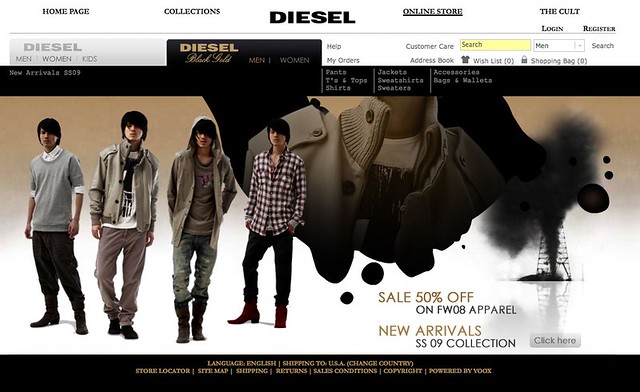Increasingly in today’s world, the media we use to receive and create messages are forms of digital, computerized communication. This includes communication via the internet, mobile phones (including text messaging), instant messaging, and digital still and video imaging devices.
Some of the functions of this kind of communication are:
- CREATING AND MAINTAINING SOCIAL BONDS. Some of the most significant uses of this kind of communication are through “social media” sites such as Facebook, where we share a great deal of personal information. These may also include relationship-building sites such as online dating.
- SEEKING NEWS AND INFORMATION. Many of us also use the internet to receive much of our news of the world through news sites (journalism), either text- or video-based. We also use the internet to do research online, either through Google searches or through academic databases.
- ENGAGING IN COMMERCE. Many people shop online, completing transactions without ever physically entering a store. Others use digital media as platforms from which to market and sell their products.
- ARTISTIC EXPRESSION. The internet has become an important outlet for artistic media, ranging from the work of independent artists who can distribute their work directly to their audience without having to go through corporate distributors (such as record companies).
- ENTERTAINMENT. Television and films can now be viewed at your convenience through your digital devices rather than in the more traditional media channels, and new forms of entertainment made especially for the web (such as webisodes) are also developing.
- CREATING AND PARTICIPATING IN COMMUNITIES. Many people have used the web to find other people with shared interests and experiences and to work together to achieve a common purpose. No longer do you have to be in the same place, geographically, to be part of a community. In fact, you can be part of many different online communities depending upon special interests.
- SELF-EXPRESSION AND PERSUASION. Blogs have become a prime way for people to share their ideas, beliefs and interests. Websites, and especially blogging, have also become an important form of persuasion in our digital “public sphere” since it is a significant way that individuals and groups try to influence the beliefs and attitudes of others about social and political issues.

